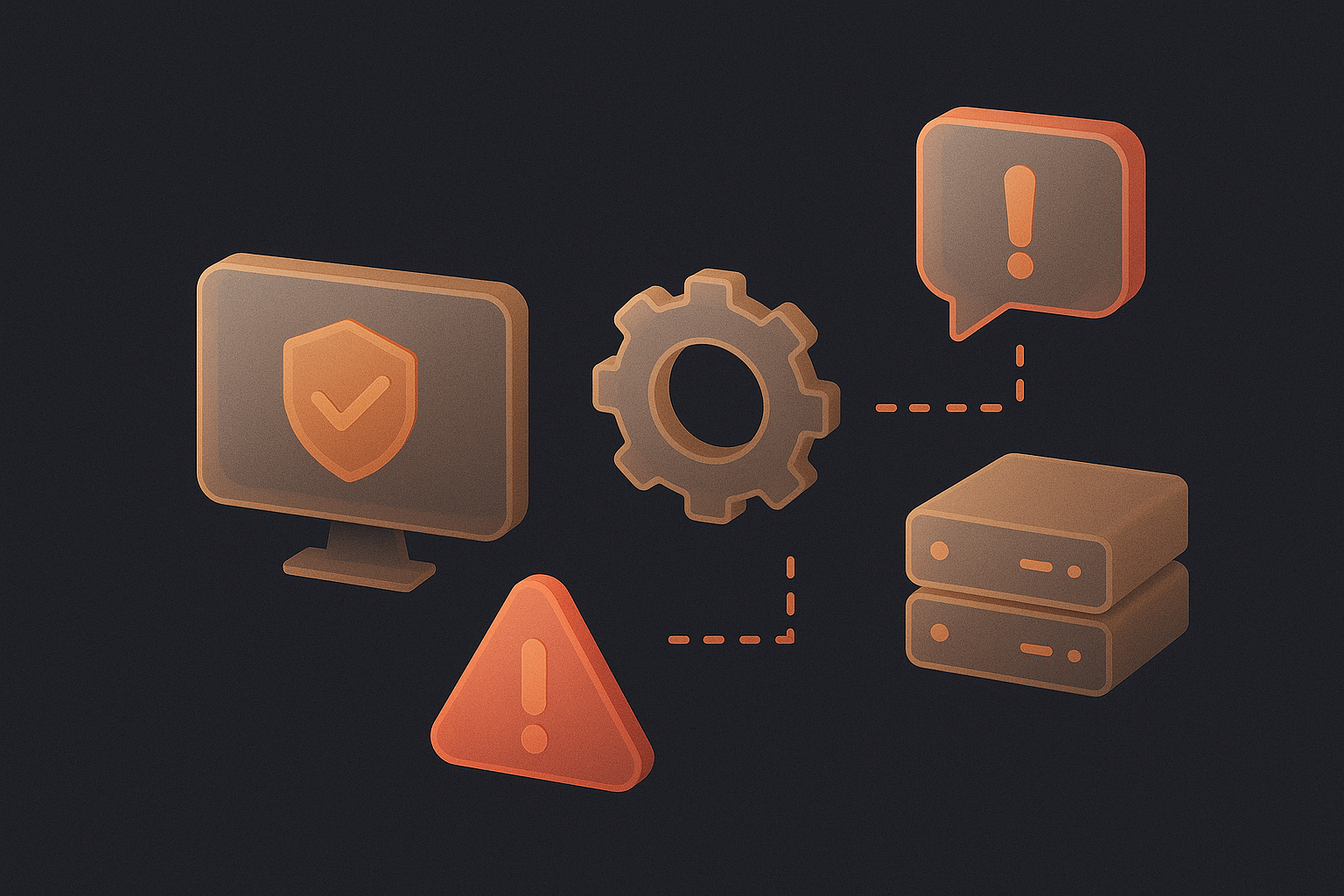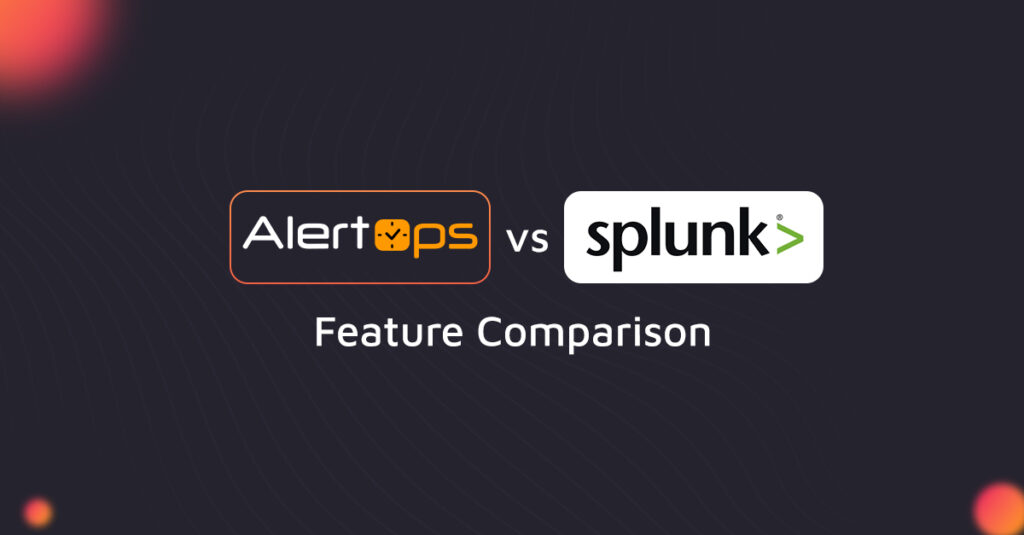MTTR Explained: How Mean Time to Resolution Transforms Incident Management Performance

How Faster Resolution Drives Operational Efficiency and Innovation Global DevOps standards prioritize speed and steady delivery. From an operational standpoint, long resolution times mean teams spend more time reacting to problems instead of focusing on preventative work and innovation. Consequently, operational costs go up, since resolving incidents often requires pulling in resources across teams for […]
Intelligent IT Operations: How Modern Teams Achieve Faster Response and Always On Reliability

Why Today’s IT Teams Need a Smarter Approach to Operations IT environments look very different from what they were a few years ago. Applications now run across hybrid clouds, systems update constantly, and users expect services to be available at all times. Despite this shift, many IT teams still depend on manual workflows and disconnected […]
The Future of IT Monitoring: How Smart Alerts and Automation Drive Faster Response

Why Traditional IT Monitoring Is No Longer Enough Many IT teams rely on monitoring tools that reveal what is happening but do little to guide next steps. Dashboards show spikes, alerts fire nonstop, and yet issues still take too long to resolve. Traditional monitoring focuses on visibility, but visibility alone no longer matches the speed […]
Why Intelligent IT Operations Management Matters for Reliable Services

Why IT Teams Are Rethinking Traditional Operations Management Digital operations move quickly. Applications scale across cloud regions in seconds, user demand shifts without warning, and infrastructure updates happen continuously. With this pace of change, many IT teams find that traditional operations management cannot keep up. Manual processes, scattered monitoring tools, and reactive workflows slow down […]
Why IT Teams Need Intelligent Infrastructure Management Today

Modern infrastructure management improves uptime with smart alerting, automation, and unified response. Why Modern IT Teams Are Moving Beyond Traditional Monitoring Technology environments move faster than ever before. Cloud workloads can scale within minutes, applications depend on services running across hybrid and multi cloud setups, and users expect smooth and uninterrupted experiences. Even with this […]
The Role of Modern IT Infrastructure Management in Preventing Downtime

Organizations today rely on a complex mix of cloud services, on-prem systems, virtualized environments, and interconnected applications. As these environments continue to expand, the challenge of keeping everything stable increases as well. Manual workflows and disconnected tools simply cannot keep up with the scale and speed of modern digital operations. Modern IT infrastructure management provides […]
The True Cost of Alert Fatigue: Why AI Incident Management Matters

In modern IT environments, monitoring tools are designed to keep businesses safe, reliable, and always on. Yet the flood of alerts generated by these systems often creates more harm than help. IT teams are inundated with constant notifications, many of which are duplicates, low-priority issues, or false positives. Over time, this leads to alert fatigue, […]
Stop Duplicate Alerts From Overwhelming Your On-Call Teams

Introduction Being on-call is one of the toughest responsibilities in IT. Engineers must be ready to respond at any hour, often balancing the stress of urgent incidents with everyday operations. But nothing drains energy faster than duplicate alerts. When one problem triggers dozens of notifications across different devices or monitoring tools, on-call teams spend valuable […]
How AlertOps Cut Alert Noise by 70% for a Global NOC

For large enterprises, the network operations center (NOC) is the heartbeat of IT stability. It is responsible for monitoring thousands of devices, services, and connections around the clock. But with scale comes a flood of alerts. Without the right processes, NOC teams often face alert overload, where duplicate notifications and false positives bury critical incidents. […]
AlertOps vs Splunk On-Call Feature Comparison

Choosing the right incident management tools is a critical decision for IT and DevOps leaders. Both AlertOps and Splunk On-Call (formerly VictorOps) offer capabilities for managing alerts and coordinating response. But while they share similarities, the platforms diverge significantly in terms of intelligence, flexibility, and scalability. This AlertOps vs Splunk comparison breaks down their key […]